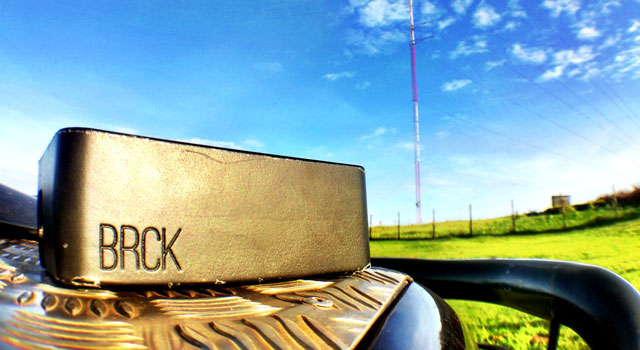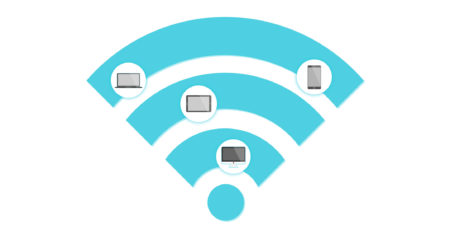
A new Kickstarter project from a team of Kenyans wanting to build a piece of ruggedised communications hardware called BRCK has attracted more than 830 backers since it was launched on 5 May.
Ushahidi, the company behind BRCK, had hoped to raise US$125 000. It reached this target on Monday night.
Ushahidi, which means “testimony” in Swahili, is a Kenyan nonprofit technology company that develops free and open-source software for data collection, visualisation and interactive mapping.
BRCK is its first foray into hardware and something it calls a “backup generator to the Internet”.
BRCK is a rectangular, rugged piece of hardware designed to keep users online, even when electricity or traditional connectivity is limited. The device supports Ethernet and cellular data and works as a Wi-Fi bridge and seamlessly switches between each of these modes as required. The device also includes a power cable and a battery rated for eight hours of use so that should the electricity supply fail, it can automatically switch over to battery power.
Early backers of BRCK include Arduino evangelist Tom Igoe, author and academic Clay Shirky, and the director of the MIT Center for Civic Media, Ethan Zuckerman. The project also counts Erik Hersman, Ushahidi’s operations and strategy director, among its backers. Hersman started the iHub innovation hub in Nairobi in 2010.
The funding raised on Kickstarter will allow for the manufacture of 2 000 BRCK units. Manufacturing will happen in Shenzhen, China and the devices are expected to cost about $200 each. Though the first batch will only be available for purchase online, Ushahidi plans to make future versions will be available through physical retailers, too. — (c) 2013 NewsCentral Media




